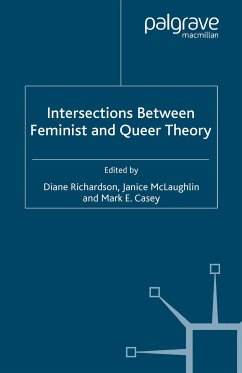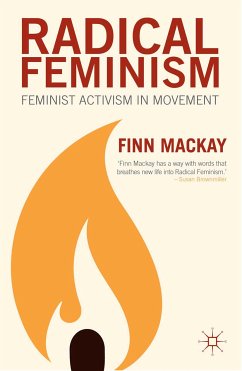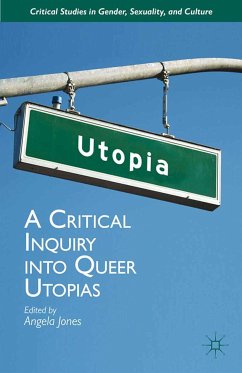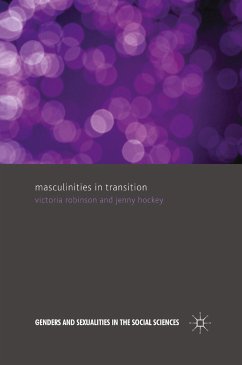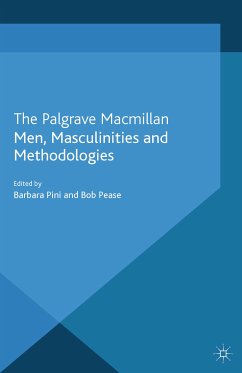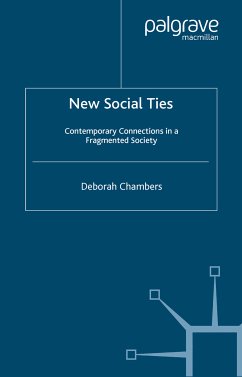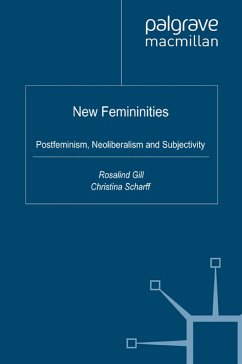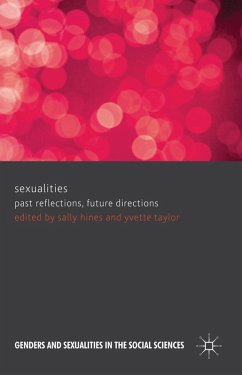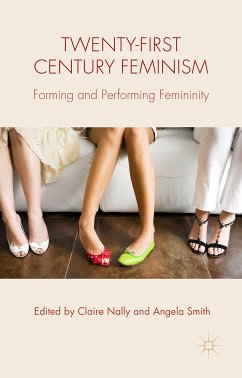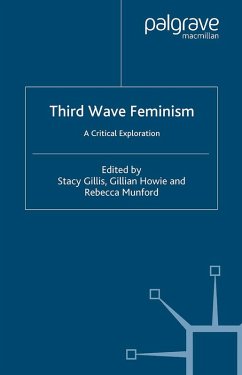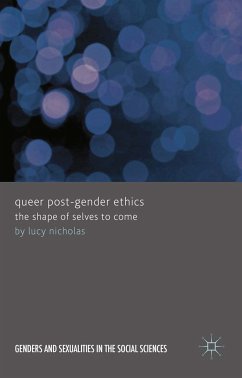
Queer Post-Gender Ethics (eBook, PDF)
The Shape of Selves to Come
Versandkostenfrei!
Sofort per Download lieferbar
96,95 €
inkl. MwSt.
Weitere Ausgaben:

PAYBACK Punkte
48 °P sammeln!
Can society operate without gender and even biological sex classifications? Queer Post-Gender Ethics argues that we could exist, formulate our relationships and be sexual in more androgynous ways. Outlining a political vision for how a post-gender sociality might be achieved, it presents queer social practices for a truly gender neutral world.
Dieser Download kann aus rechtlichen Gründen nur mit Rechnungsadresse in A, B, BG, CY, CZ, D, DK, EW, E, FIN, F, GR, HR, H, IRL, I, LT, L, LR, M, NL, PL, P, R, S, SLO, SK ausgeliefert werden.



